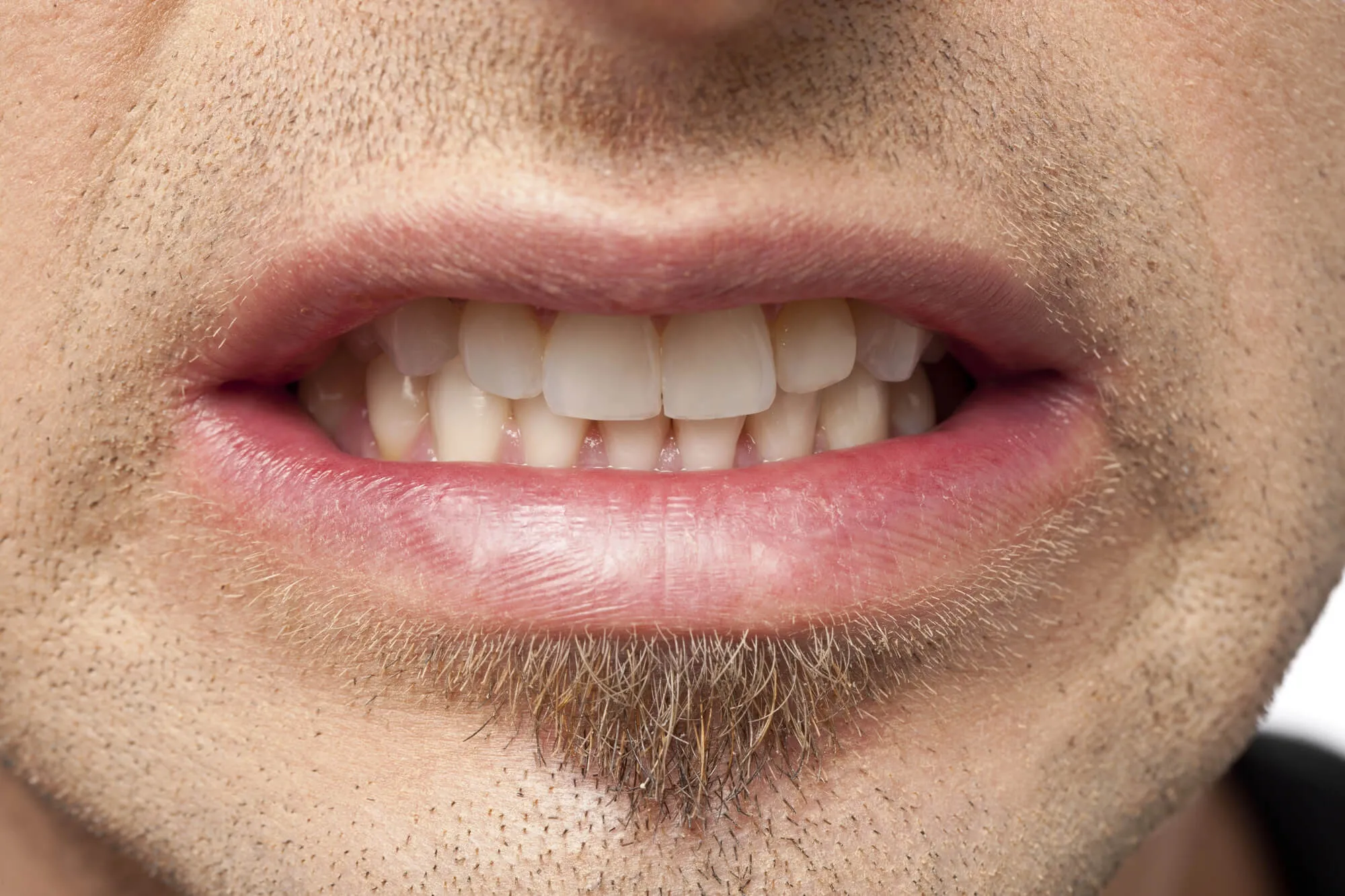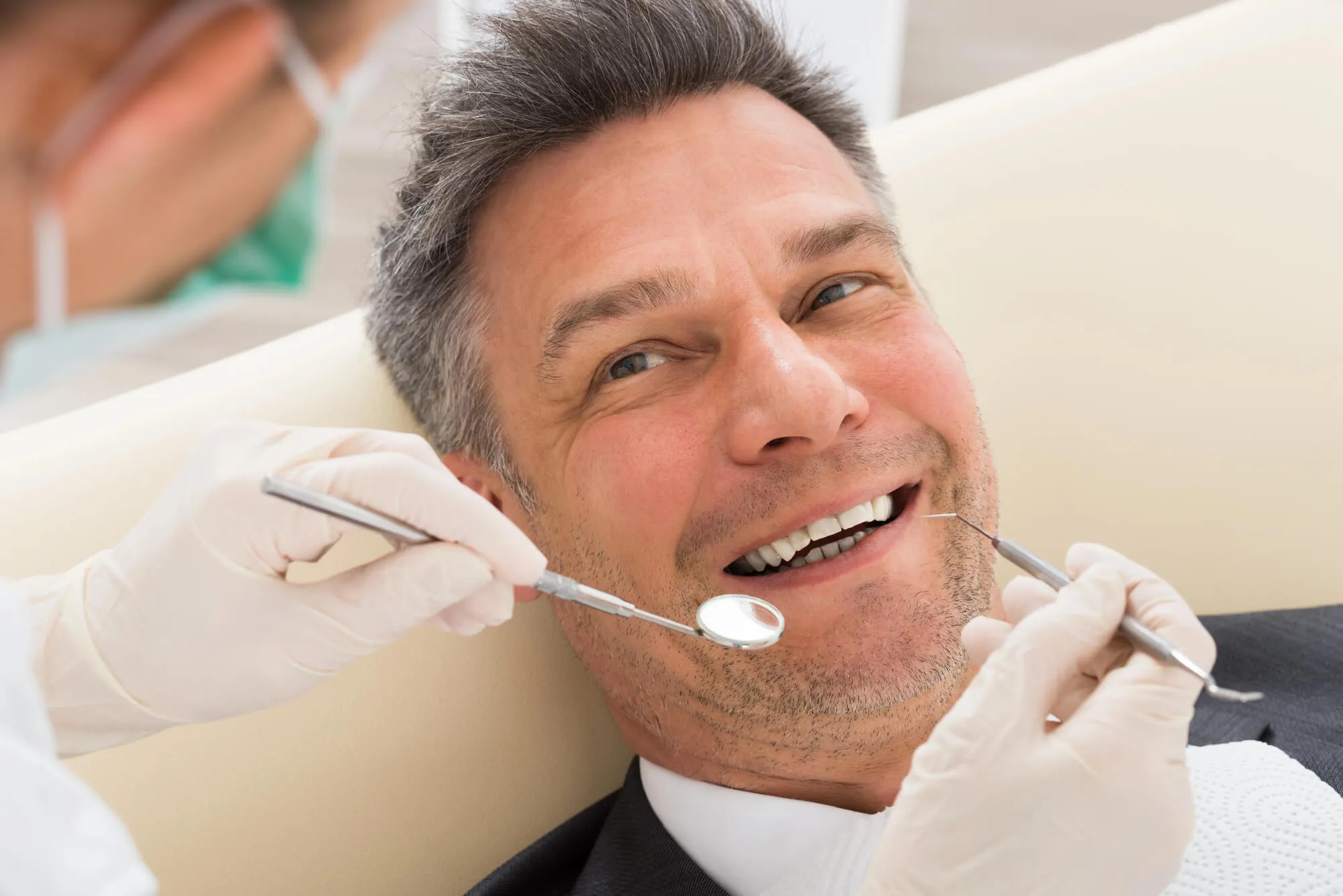
August 1, 2025
Most people believe that brushing and flossing daily are enough to protect their teeth. While these habits are essential, many small daily behaviors slowly harm your smile without you even realizing it. From sipping sugary drinks to chewing ice, these patterns can wear down enamel, irritate gums, and create long-term problems. The good news is that with the right guidance from a Murfreesboro, TN, dentist and a few simple changes, you can protect your teeth and maintain a healthier smile for years.

Hidden Habits That Harm Your Oral Health
1. Constant Snacking
Every time you eat, the bacteria in your mouth feed on leftover sugars and produce acid as a byproduct. This acid weakens enamel, and if you snack frequently throughout the day, your teeth are constantly under attack with little time to recover. Even foods that seem healthy, like granola bars or dried fruit, can be sticky and cling to your teeth, prolonging the acid exposure. Over time, this pattern increases the risk of cavities and enamel erosion.
How to Break It: Try limiting snacks to set times instead of grazing all day. Rinse with water after eating and choose tooth-friendly options such as cheese, nuts, or crunchy vegetables, which are less likely to stick and even help neutralize acid.
2. Chewing on Ice
Chewing ice may seem harmless, but the hardness and cold temperature create a risky combination for your teeth. Ice is harder than most foods you eat daily, and biting into it can cause microcracks in enamel. These cracks weaken teeth over time and may eventually lead to chips, sensitivity, or fractures.
Ice can also stress existing restorations such as fillings, crowns, or veneers, causing them to break prematurely. While it may feel refreshing, the long-term risks outweigh the short-term satisfaction.
How to Break It: If you crave the crunch, switch to cold, crunchy vegetables like carrots or cucumbers. Letting ice melt in your mouth or choosing crushed ice instead of cubes can also reduce the temptation to bite down.
3. Using Teeth as Tools
Using your teeth to open packages, bite nails, or tear off tags can feel convenient in the moment, but it places unnecessary pressure on enamel. Teeth aren’t designed to act as scissors or pliers. These habits can cause cracks, chips, or even fractures that require dental care.
Using teeth as tools can sometimes trigger emergencies, such as loosening a crown or breaking a filling. Over time, repeated stress also wears down enamel and shortens the lifespan of natural teeth.
How to Break It: Keep small tools handy, like scissors, clippers, or a bottle opener, so you don’t default to your teeth. For nail-biting, stress management techniques or bitter-tasting nail coatings can help discourage the habit. Protecting teeth from unnecessary strain preserves their strength and function.
4. Frequent Sipping of Sugary or Acidic Drinks
Sodas, sports drinks, energy drinks, and even fruit juices may taste refreshing, but their high sugar and acid levels slowly erode enamel. The real problem comes from sipping them throughout the day, continually bathing your teeth in acid. This constant exposure weakens enamel, making it easier for cavities to form and teeth to become sensitive.
Even diet sodas, while sugar-free, are still acidic enough to damage enamel. Coffee and tea can also contribute to staining teeth and lowering pH levels in your mouth.
How to Break It: Replace soda or juice with water whenever possible. If you drink acidic beverages, limit them to mealtimes, alternate sips with water, and use a straw to reduce direct contact with your teeth.

5. Teeth Grinding (Bruxism)
Grinding or clenching teeth, also known as bruxism, often happens at night while you sleep, leaving you unaware of the damage. Over time, this constant pressure can wear down enamel, flatten biting surfaces, and even crack or break teeth. Some people experience jaw pain, headaches, or tenderness in the face.
Stress is a frequent trigger, but grinding can also result from bite misalignment or certain sleep disorders. Left unchecked, bruxism can cause long-term damage to both teeth and jaw joints.
How to Break It: If you suspect grinding, talk with your dentist. A custom nightguard can protect your teeth, while stress-reducing habits such as exercise, stretching, or mindfulness may ease clenching during the day.
6. Overbrushing or Brushing Too Hard
Brushing your teeth is essential, but scrubbing too aggressively or using a hard-bristle toothbrush can do more harm than good. Excessive pressure wears down enamel and irritates the gums, leading to sensitivity, notched enamel near the gumline, and gum recession. Brushing your teeth is essential, but scrubbing too aggressively or using a hard-bristled toothbrush can do more harm than good. Excessive pressure wears down enamel and irritates the gums, leading to sensitivity, notched enamel near the gumline, and gum recession.
Over time, this damage exposes vulnerable tooth roots and makes teeth more prone to cavities. Many people think brushing harder means cleaning better, but a gentle technique is actually more effective at removing plaque without harming your teeth.
How to Break It: Switch to a soft-bristled toothbrush and use gentle, circular motions when brushing. An electric toothbrush with a pressure sensor can also help you avoid pressing too hard and protect your enamel.
7. Skipping Flossing
Brushing only reaches about two-thirds of each tooth’s surface, leaving the spaces between teeth vulnerable to plaque buildup. When plaque remains trapped there, it can harden into tartar, increasing the risk of cavities, gum inflammation, and eventually bone loss. Over time, this neglect can contribute to tooth decay and periodontal disease, even if you brush twice daily.
How to Break It: Make flossing part of your nightly routine. For convenience, keep floss picks or interdental brushes in your bag or car. If traditional floss feels difficult, water flossers are an excellent alternative.
8. Smoking and Tobacco Use
Tobacco is one of the most damaging habits for oral health. Beyond leaving yellow stains on teeth and causing persistent bad breath, it significantly increases the risk of gum disease, oral cancer, and delayed healing after dental work. Smokeless tobacco products carry the same dangers, and both compromise the health of teeth, gums, and soft tissues. Long-term use can even lead to tooth loss and affect overall wellness.
How to Break It: The best step is quitting. Nicotine replacement, counseling, and support programs can make the process easier. Your dentist can also connect you with helpful resources.
9. Ignoring Regular Dental Visits
While brushing and flossing form the foundation of oral care, skipping professional check-ups leaves gaps in your protection. Plaque and tartar build up in hard-to-reach places, and cavities or gum disease may progress silently without causing pain until they are advanced. Routine dental visits allow problems to be caught early and treated with less time and cost.
How to Break It: Schedule visits with your dentist twice a year. Think of these appointments as preventive care that supports long-term oral health and saves you discomfort in the future.
10. Drinking Too Little Water
Staying hydrated is essential for more than just overall wellness; it directly impacts your oral health. Saliva is your body’s natural defense system, neutralizing acids from food and drinks while washing away leftover particles. When you don’t drink enough water, saliva production decreases, creating dry mouth. This environment allows harmful bacteria to thrive, increasing the risk of cavities, gum irritation, and persistent bad breath.
People who sip on coffee, soda, or alcohol throughout the day are especially vulnerable since these drinks can dehydrate the mouth further. Over time, a lack of hydration may also reduce your mouth’s ability to fight the early stages
How to Break It: Carry a reusable water bottle and sip regularly. Fluoridated water is best because it strengthens enamel while keeping your mouth clean.
11. Late-Night Snacking Before Bed
Snacking right before bedtime may seem harmless, but it creates ideal conditions for bacteria to attack your teeth. Sugary or starchy foods coat your enamel, and since saliva production naturally decreases during sleep, your mouth cannot wash away particles as effectively. This leads to prolonged acid exposure and a higher chance of cavities developing overnight.
Frequent late-night snacking also increases the likelihood of plaque buildup and gum irritation. The problem is worse when people fall asleep without brushing, leaving their teeth unprotected for hours. Even seemingly small snacks, like crackers or sweets, can contribute to decay if eaten before bed.
How to Break It: If hunger strikes, choose tooth-friendly foods like cheese, plain yogurt, or crunchy vegetables. Always brush after snacking and before going to sleep.
Why Breaking Bad Habits Matters
Changing daily habits may seem small, but the effects on your oral health are far-reaching. Habits like chewing ice, skipping floss, or sipping soda all add up over time, slowly wearing down enamel and irritating gums. By making mindful changes, you can prevent common dental problems before they become painful or costly.
Protecting your enamel, gums, and bite function reduces the chances of dental emergencies, improves comfort, and helps maintain a confident smile. Even modest adjustments such as drinking more water, limiting snacking, or using a nightguard can make a noticeable difference in preserving your teeth.
Breaking these patterns not only benefits your mouth today but also supports long-term health, giving you a strong smile that lasts for decades.

Work With a Murfreesboro, TN, Dentist to Protect Your Smile for Life
Breaking habits on your own can be challenging, but you don’t have to do it alone. A dentist can provide guidance, preventive treatments, and tools to make the process easier. At Stonetrace Family Dental, we believe in creating a supportive environment where you feel comfortable making lasting changes for your oral health. Schedule your appointment today and experience care designed around your family, your comfort, and your smile.












.png)